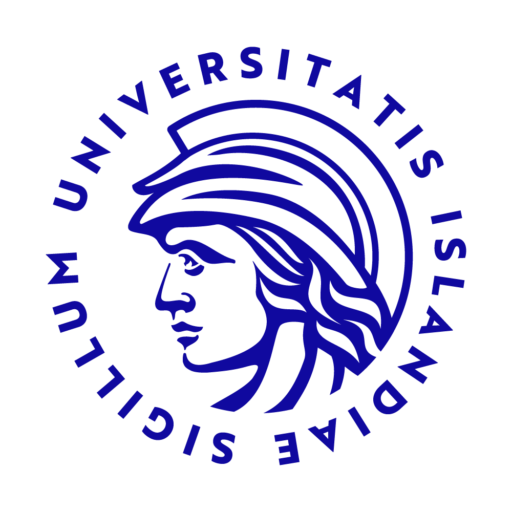Main author: Karen Kristjándóttir
Institution or Company: Faculty of Medicine, School of Health Sciences, University of Iceland
Co-Authors, Institution or Company:
Þorkell Guðjónsson, University of Copenhagen. Stefán Þórarinn Sigurðsson, Univeristy of Iceland.
Introduction: Of the thousands of DNA lesions, the human genome endures every day, DNA double strand breaks (DSB) are arguably most cytotoxic. If unrepaired or incorrectly repaired, DSB can result in cell death or cause chromosomal translocation, an early step in the aetiology of carcinogenesis. Here we show that ALKBH3 and FTO, members of the alkylation-repair family (AlkB) with known mRNA demethylase activity play an important role in DNA-DSB repair by influencing RNF168, a key regulator of DNA-DSB repair. These enzymes impact RNF168 mRNA export by removing methylation marks from the RNF168-transcript, FTO removes N6-methyladeonosine (m6A) and ALKBH3 N1-methyladenosine (m1A).
Methods and results: Western blot and RNA-scope experiments demonstrate that silencing ALKBH3 or FTO gene expression impairs nuclear export of the RNF168 transcript leading to decreased RNF168-protein expression. This results in decreased recruitment of crucial DNA-DSB repair proteins to the site of DNA damage affecting DNA repair. Moreover, m6A and m1A methylation-specific RNA-immunoprecipitation and qPCR further validated epitranscriptomic regulation of RNF168 by ALKBH3 and FTO by confirming the presence of m6A and m1A methylations on the RNF168 mRNA transcript.
Conclusions: Our results suggest a novel form of epitranscriptomic regulation of RNF168 mRNA export by removing mRNA methylations and subsequently a new form of regulation of DNA-DSB repair pathway. Therefore, lack of FTO or ALKBH3 might prove useful as a potential marker of cancer treatment response due to both their well-established role in alkylation damage repair and due to this newly established role in DNA DSB repair, highlighting the potential clinical benefits of this project.

